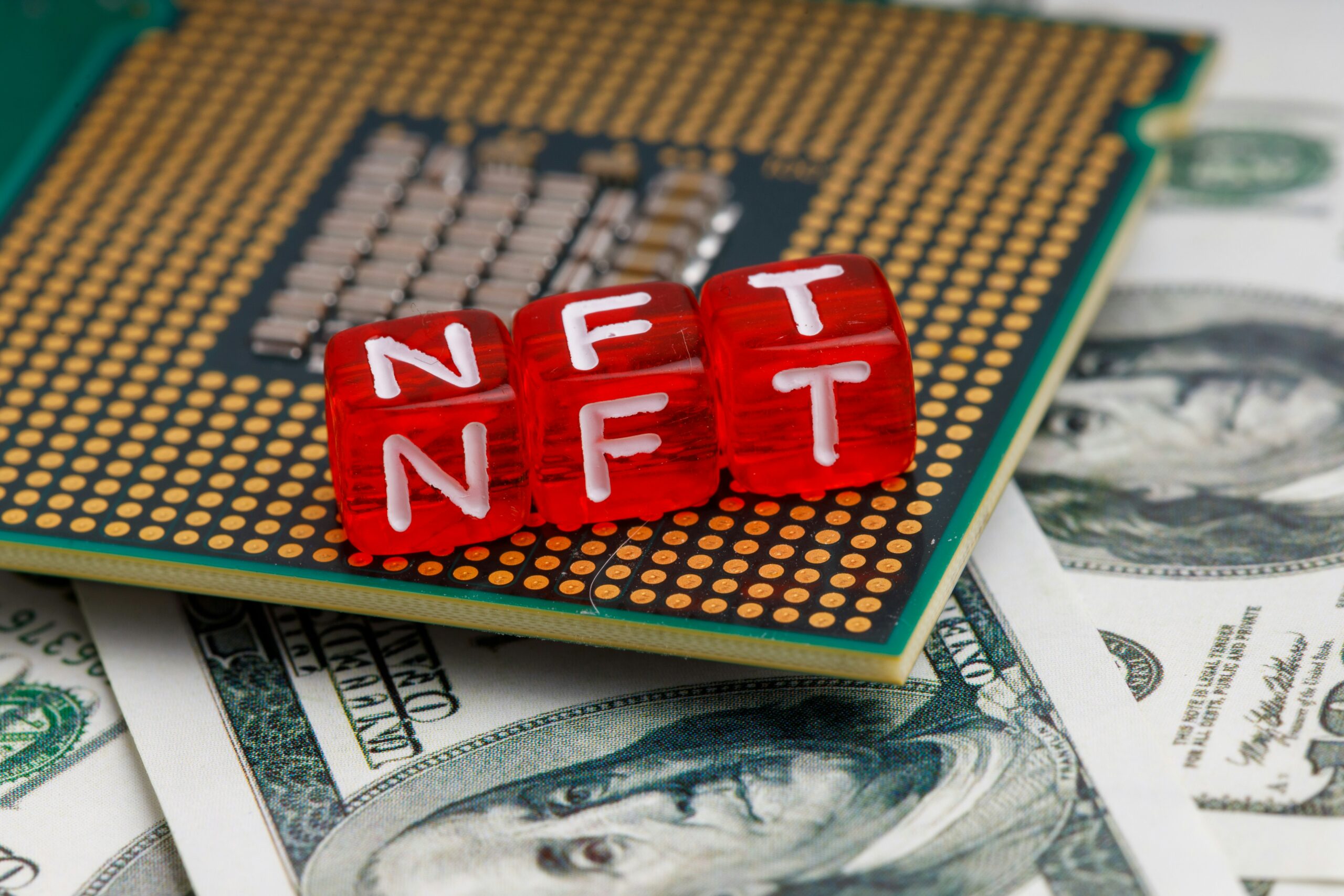By becoming a member of our site, you can add the content you like to your favorites, and present the content you have produced or liked on the internet to our site visitors with the send content option.
Zaten bir üyeliğiniz mevcut mu ? Giriş yapın
By becoming a member of our site, you can add the content you like to your favorites, and present the content you have produced or liked on the internet to our site visitors with the send content option.
You Can Benefit from All Options Exclusive to Our Members by Registering

Next Content:
Exploring NFTs: The Digital Revolution of Non-Fungible Tokens
- Home Page
- #Blockchain
- Blockchain: Revolutionizing Trust and Transparency
Blockchain: Revolutionizing Trust and Transparency

Blockchain technology is revolutionizing trust and transparency across various industries. By providing a decentralized, immutable ledger, blockchain ensures that all transactions are securely recorded and cannot be altered, which significantly reduces the risk of fraud and tampering.
One of the key benefits of blockchain is its ability to enhance transparency. Every transaction is recorded on a public ledger that is accessible to all participants in the network. This level of visibility ensures that all actions can be audited and verified, fostering a greater sense of trust among users. In industries like supply chain management, this transparency can track the journey of products from origin to consumer, ensuring authenticity and ethical sourcing.
Blockchain also improves security by using cryptographic techniques to protect data. Each block in the chain is linked to the previous one using a cryptographic hash, making it nearly impossible for hackers to alter any information without being detected. This makes blockchain particularly valuable in sectors like finance and healthcare, where data integrity and security are paramount.
In the financial sector, blockchain enables faster and more efficient transactions by eliminating the need for intermediaries. Traditional financial transactions often require multiple parties and can take days to settle. With blockchain, transactions are processed directly between parties, reducing processing time and costs. This can significantly streamline processes such as cross-border payments and remittances.
Smart contracts are another revolutionary feature of blockchain technology. These are self-executing contracts with the terms of the agreement directly written into code. They automatically execute and enforce the contract terms when predefined conditions are met, eliminating the need for middlemen and reducing the potential for disputes. This can be particularly beneficial in areas such as real estate and legal agreements.
Despite its advantages, blockchain faces several challenges. One major issue is scalability. As the number of transactions increases, the blockchain can become slower and more expensive to maintain. Additionally, the energy consumption required for mining activities in proof-of-work blockchains is a significant environmental concern. However, ongoing research and development are focused on finding solutions, such as proof-of-stake mechanisms and other more efficient consensus algorithms.
In conclusion, blockchain technology is transforming trust and transparency in numerous industries. Its ability to provide a secure, transparent, and efficient way to record and verify transactions has the potential to revolutionize everything from finance to supply chain management. As the technology continues to evolve, addressing challenges like scalability and energy consumption will be crucial for its broader adoption and success.
We offer our respects and wish you a good reading. – Who Learns What? Team
- On-Site Comments






























